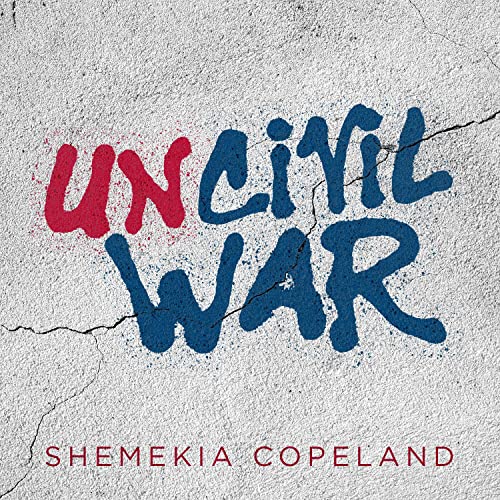Now Playing
Current DJ: DJ Eco
Shining Glass Drawing Fires from Yellow & Purple (self-released) Add to Collection
Requests? 773-DJ-SONGS or .(JavaScript must be enabled to view this email address)

written by Kyle Sanders as part of his coverage of the 2020 Chicago International Film Festival
A funny thing happened the night after I watched the aforementioned titles: they won awards at the Chicago International Film Festival!
No sooner had I performed my morning task of checking emails, that I received a list of winners from this year's fest, and surprisingly, a lot of the films I've already posted about won't be traveling back home empty handed.
Of course, with the announcement of awards, it can only mean that the festival has come to a close, and my life can get back to normal (whatever that means these days!).
This year's Gold Hugo award in the International Feature Film Competition category goes to Sweat, an entry from both Poland and Sweden, and takes place in the obsessively compulsive world of social media branding.
Our protagonist is Sylwia, a gorgeous blonde fitness instructor who uses her toned body and perky demeanor to inspire her 600,000 followers to live their best life. Her life though, is constantly uploaded to her Instagram, where she posts how to maintain physical fitness and good nutrition.
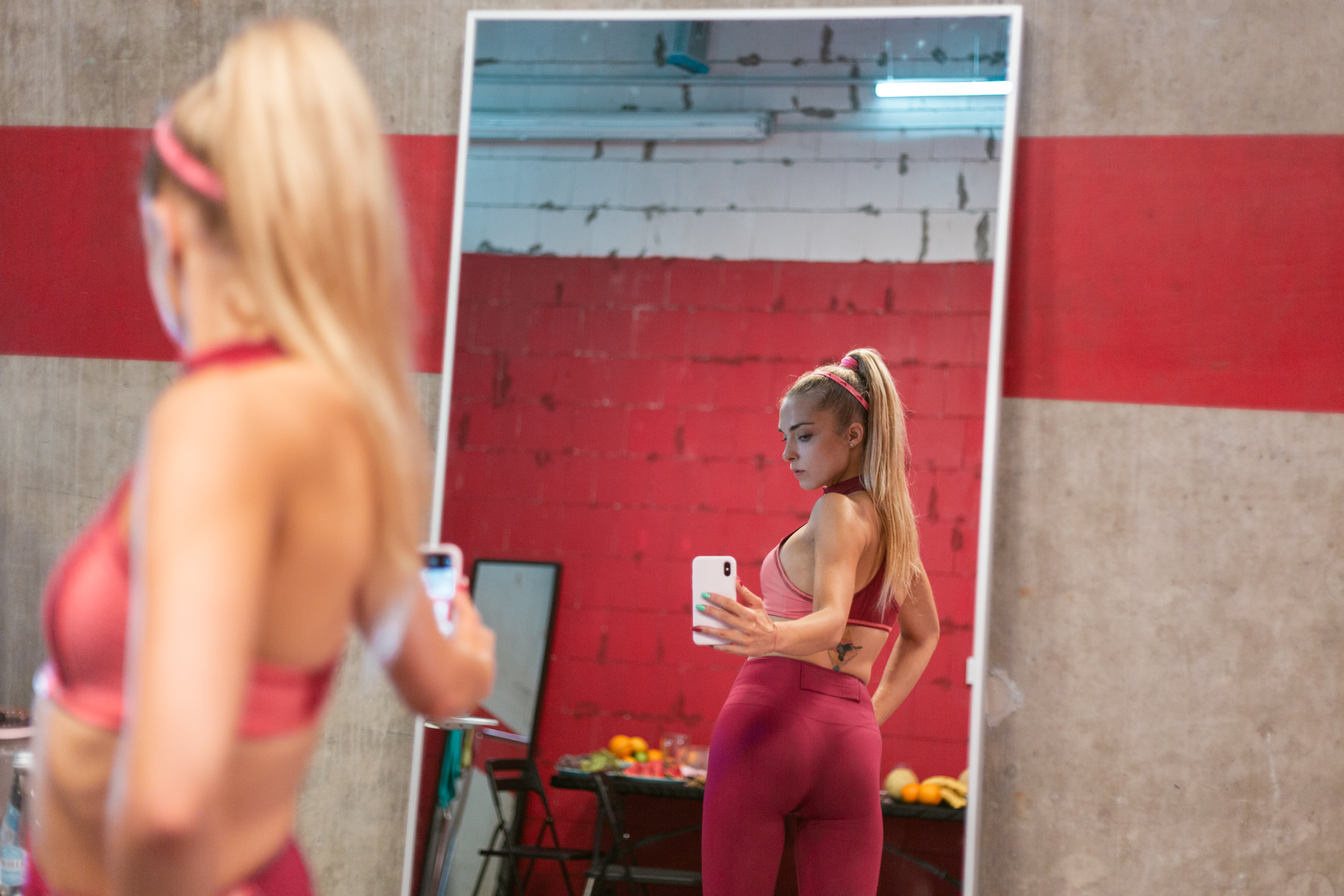
Having a brand that encourages self-acceptance and positivity can have its setbacks, and after posting an emotional breakdown, it goes viral--much to the chagrin of her sponsors.
To make matters worse for Sylwia, a stalker has showed up on her radar. The social media pressures of maintaining a positive, balanced existence begins to chip away at Sylwia's candy-colored exterior, making her question if happiness exists post-uploaded content.
Another film that took home an award this year was an entry from Japan entitled Under the Open Sky. The Silver Hugo for Best Performance went to the film's star Yakusho Koji, for his skillfully organic performance of Mikami, a former Yakuza gangster beginning his life anew after thirteen years in prison.
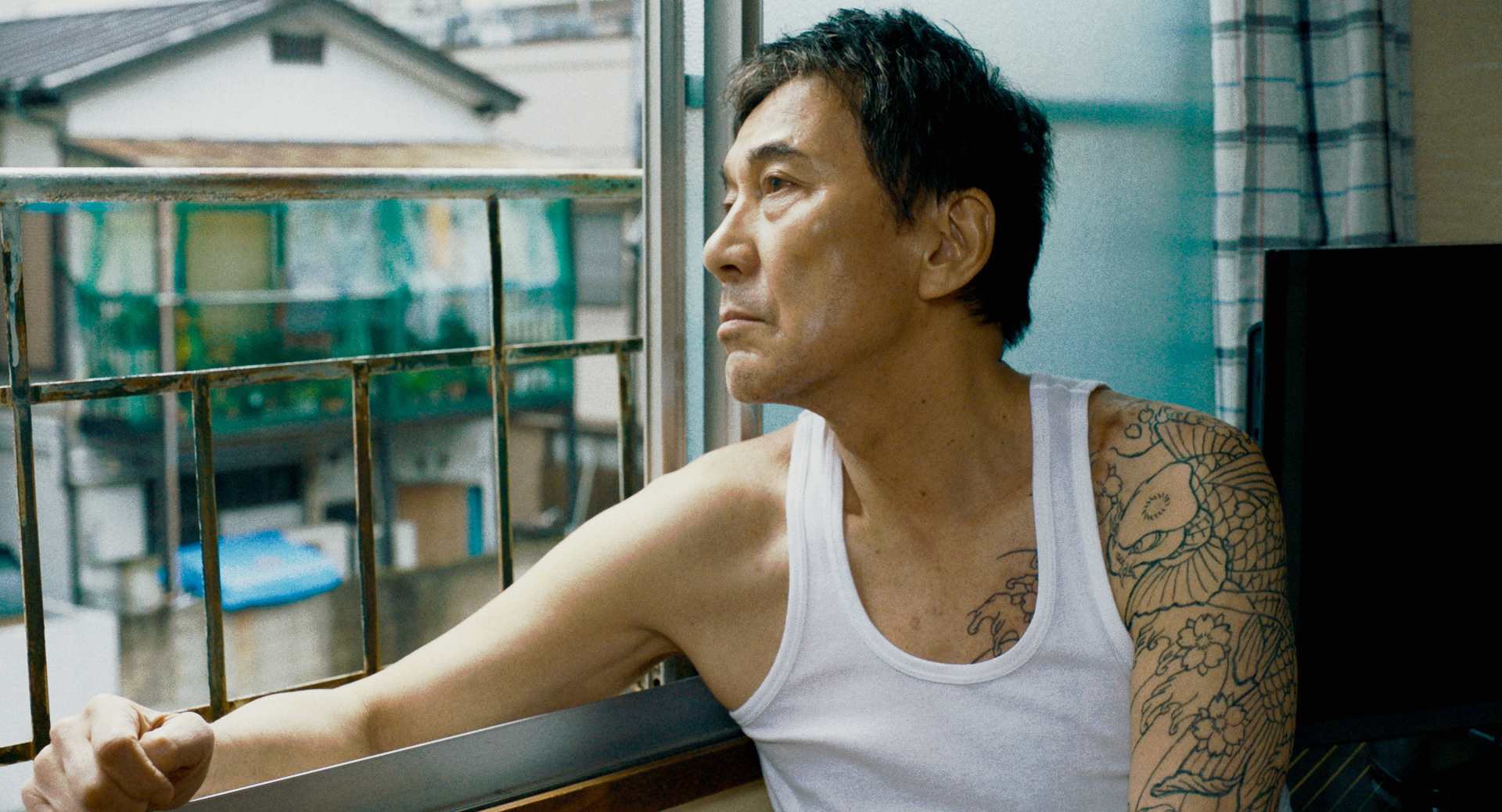
No sooner is he beyond the prison's gates he realizes that life as a free man is not easily acquired. With every step of applying for jobs to grocery shopping comes the stigma of being a convicted felon.
Mikami knows that in order for him to reenter society, he must change his old ways or else he will never fit in, but how is that possible when society shows no mercy towards "those who step off the path?" With the help of a few unexpected allies, Mikami sets out to prove to society he is worthy of its acceptance.
Having the perfect life is not all that it's cracked up to be, but even starting your life over has its obstacles. For all that Sylwia has achieved in her life (a toned physique, numerous sponsors to send their products to her door step, thousands of adoring fans), she's still vulnerable and isolated within her self-made empire.
For Mikami, having freedom after years of imprisonment is not so simple when living in a system that continues to look down on you. Trying to climb yourself out from rock bottom is no easy task, no matter how hard you try to scrape by. You can have it all, or absolutely nothing, and humanity will choose whether or not to celebrate or ignore you.
The Chicago International Film Festival chose to celebrate these two films instead of ignoring them. Maybe that's because the stories they tell are about the human struggle for finding a place in an indifferent world.
"SULA (Hardcover)," the new single from Chicago artist Jamila Woods, is in rotation on CHIRP Radio 107.1 FM Chicago!

written by Kyle Sanders as part of his coverage of the 2020 Chicago International Film Festival
It's somewhat surprising to believe that anything good can be said about 2020, but the year at least gave us the Supreme Court ruling that workers cannot be fired for being gay or transgender. The news broke to many cheers, even while Covid cases were continuing to rise.
It could also be one of the last rulings to take place in support of LGBTQ rights now that Justice Ruth Bader Ginsburg--a liberal hero to so many--passed away last month and her replacement could swing the court into far right territory for many years to come. There is concern that the rights given to the LGBTQ population might be easily chipped away as a result.
The freedom we have in the United States doesn't always branch out to our LGBTQ community, and the rights they have fought so hard for have not been as easily acquired internationally. While the media presence of gays and trans people continues to grow, not every community widely accepts them.
Even though visibility has given many the courage to live out loud, there is still a danger in coming out. The Chicago International Film Festival has always been aware of how important it is to include LGBTQ films in their selection, as a way for us to observe how repression can still exist elsewhere around the globe.
Take for instance Bruno Santamaria's Things We Dare Not Do (Mexico). This documentary observes the small Nayarit town of El Roblito, where young Nono hides his love of dressing in women's clothing.
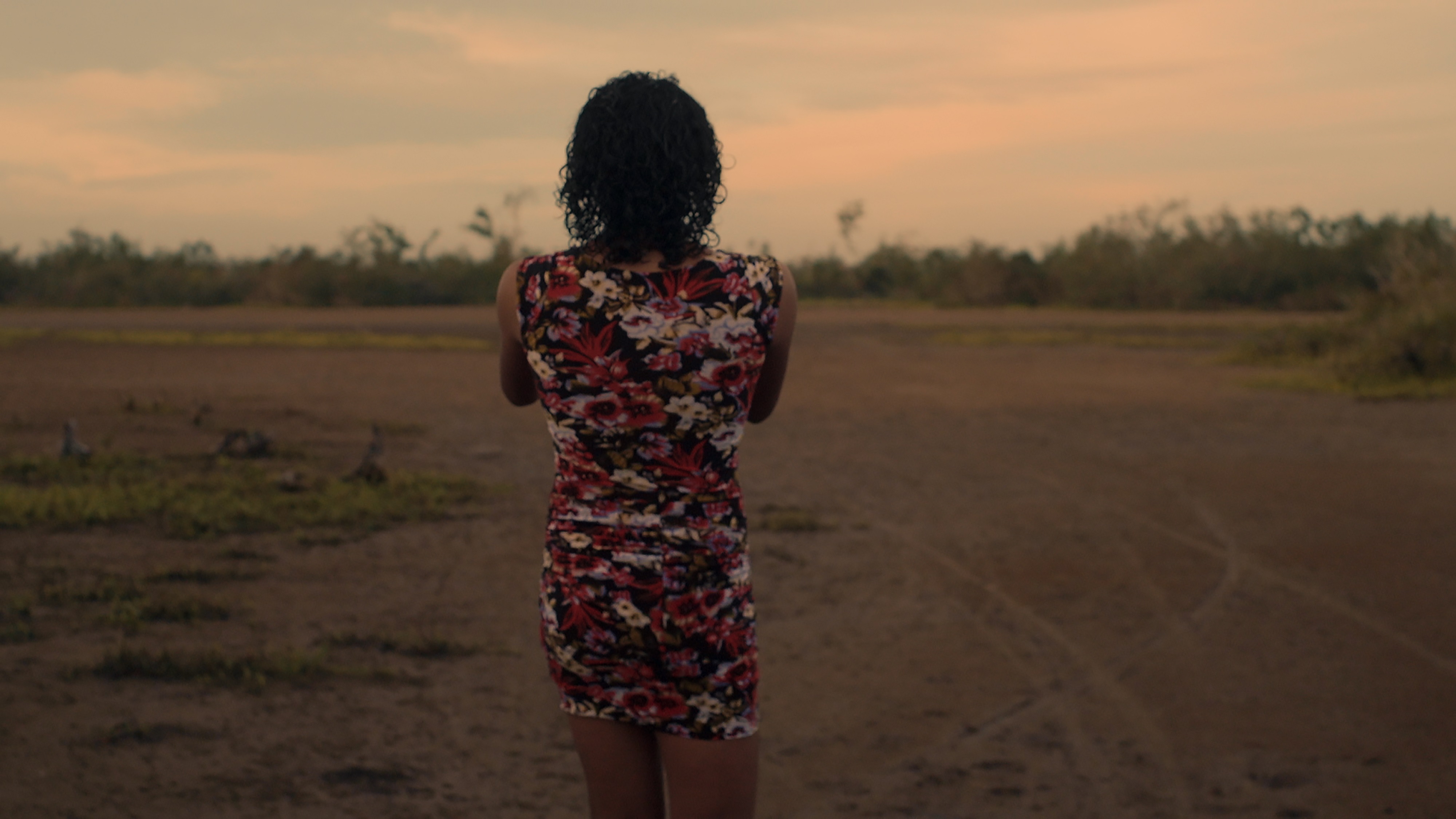
In a community where wild horses run as free as the children frolic in their free time, alternative lifestyles are not widely accepted, especially if you're male. Yet Nono is determined to live out his dreams, regardless of an environment not used to gender norms being defied.
Defiance is what attracts teenage Alexis to David in Francois Ozon's Summer of '85 (France). Set off the Normany coast during the decade of excess, young Alexis finds himself capsized in the midst of a storm only to be rescued by charismatic David.
Alexis finds himself seduced by David's charms, and soon the budding friendship evolves into something more. It isn't long, however, that Alexis begins to question David's motives, and their relationship becomes something more strained as David's inner demons begin to emerge.
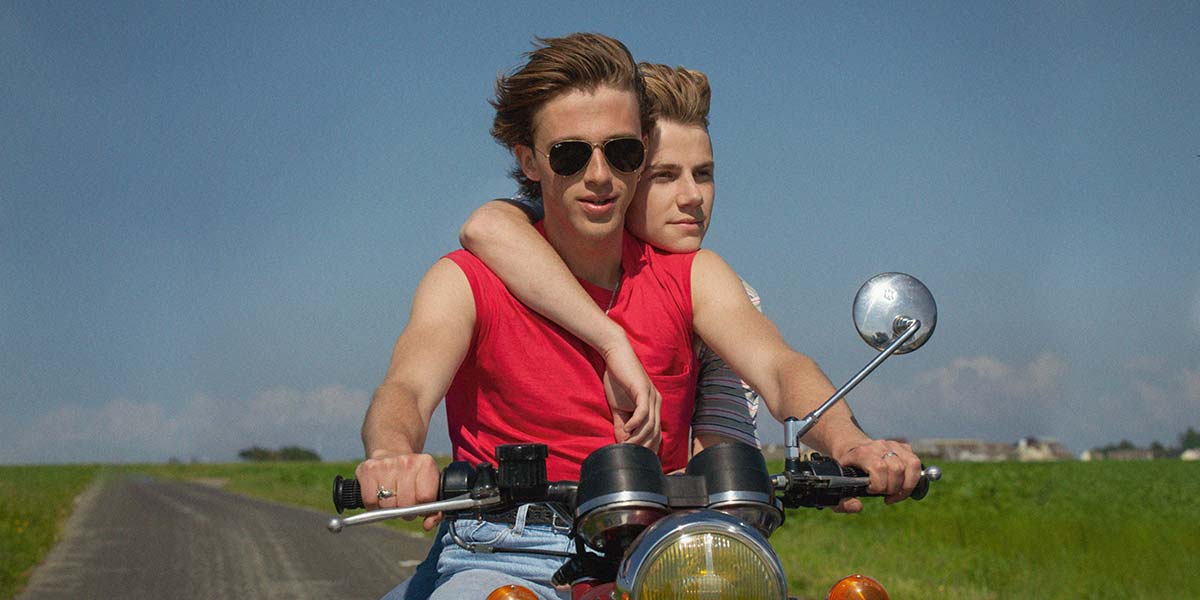
These queer-centric films handle their stories in different ways. For Things We Dare Not Do, Nono's cross-dressing is handled in quiet, secretive intimacy, as he only expresses himself alone, when no one else (other than the camera) is watching.
Otherwise the camera catches other goings-on, whether it's the children at school or at play, or the neighborhood coming together for an outdoor film viewing or school graduation. Nono is seemingly alone, at once part of the community and separate, like an outsider to everyone who loves him but does not fully understand him.
When it comes to Summer of '85, the queerness of Alexis and David is revealed without much subtlety, and their same sex attraction is barely hinted at before Alexis' narration makes it obvious. There is nothing explicit about their summer romance, but there is no intention to hide it either.
The evolution of queer cinema would suggest there is no reason for these kinds of stories to hide anymore. What was at one time only suggested or hinted at, no longer needs to be read between the lines.
A film like Summer of '85 can be as blatant with same sex attraction as it wants to be, and yet there are films that still must deal with repressed community standards of masculinity, as seen in Things We Dare Not Do.
There's a continuous dichotomy of finding happiness as yourself but also gaining acceptance from the society to which you belong. It's a shared struggle found in every culture to this day.
"Trust Me," the new single from Chicago band Sincere Engineer, is out on Hopeless Records in rotation on CHIRP Radio 107.1 FM Chicago!
Uncivil War, the new album from Chicago artist Shemekia Copeland, is out on Alligator Records and in rotation on CHIRP Radio 107.1 FM Chicago!
